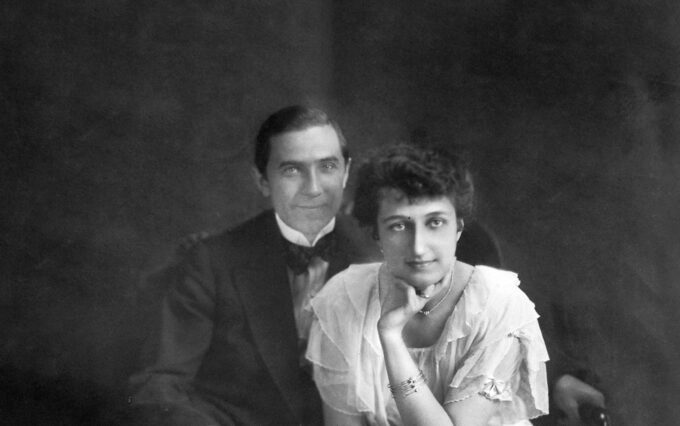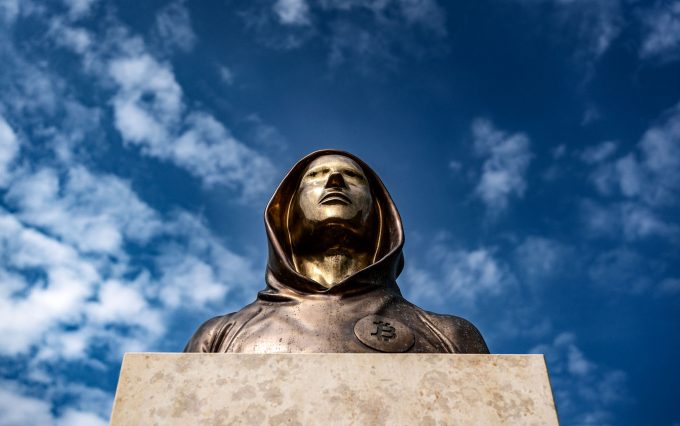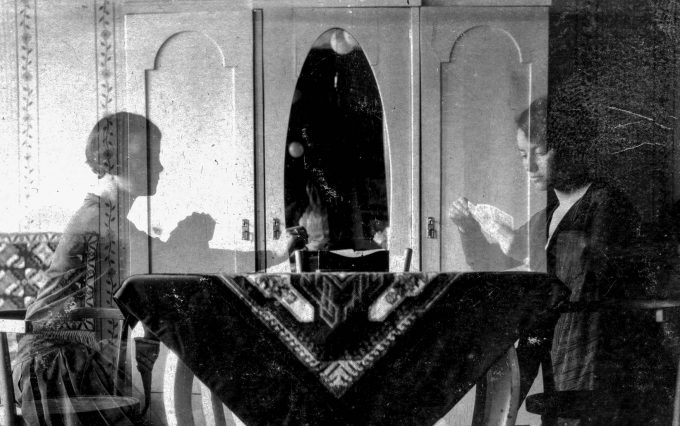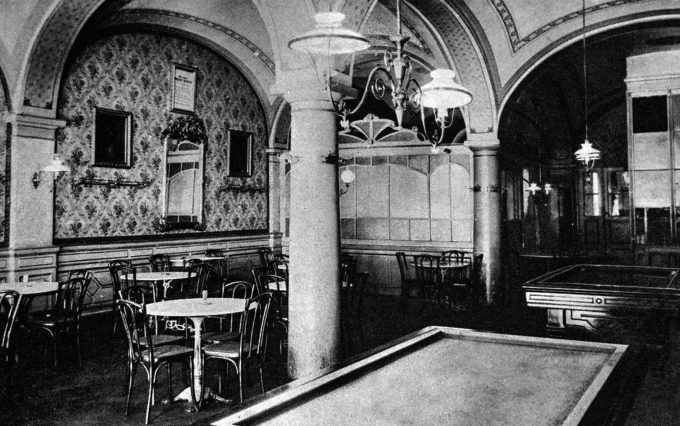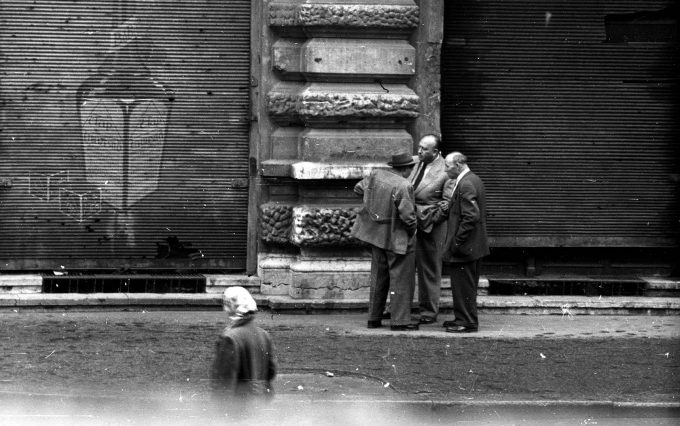Category: Non-Fiction
In her autobiographical essay, Noémi Saly flicks through her grandmothers photo album and learns about her affair with the legendary actor Béla Lugosi.
What is the future of crypto, or rather, what is its present? Is it a revolution in the decentralization of power or a Ponzi scheme doomed to fail?
In his personal essay, Austrian writer Cornelius Hell looks back on his own youth and analyses ” personal beauty” with references to local cultural history.
In her horrifyingly factual essay, American journalist Hope Reese writes about the tragic fates of Hungarian women under the shadow of the 1920’s sntisemitic laws.
In her essay about the legendary Hungarian Café Pilvax, Noémi Saly offers our readers a sneek peek into the revolutonary atmosphere of 1848.
Legendary US music journalist Legs McNeil recounts the sometimes dark, sometimes dazzling history of punk rock and the iconic Chelsea Hotel.
Bestselling Hungarian crime novelist Vilmos Kondor investigates the illusive Eastern European noir and its impossibility under socialist dictatorship.
Hungarian writer Andrea Tompa reflects on how all faiths simultaneously desire embodiment, in an essay translated by Bernard Adams.
János Háy asks, why write for foreign readers about Sándor Petőfi, a great poet of a tiny linguistic community, a deceased colleague, a revolutionary?
